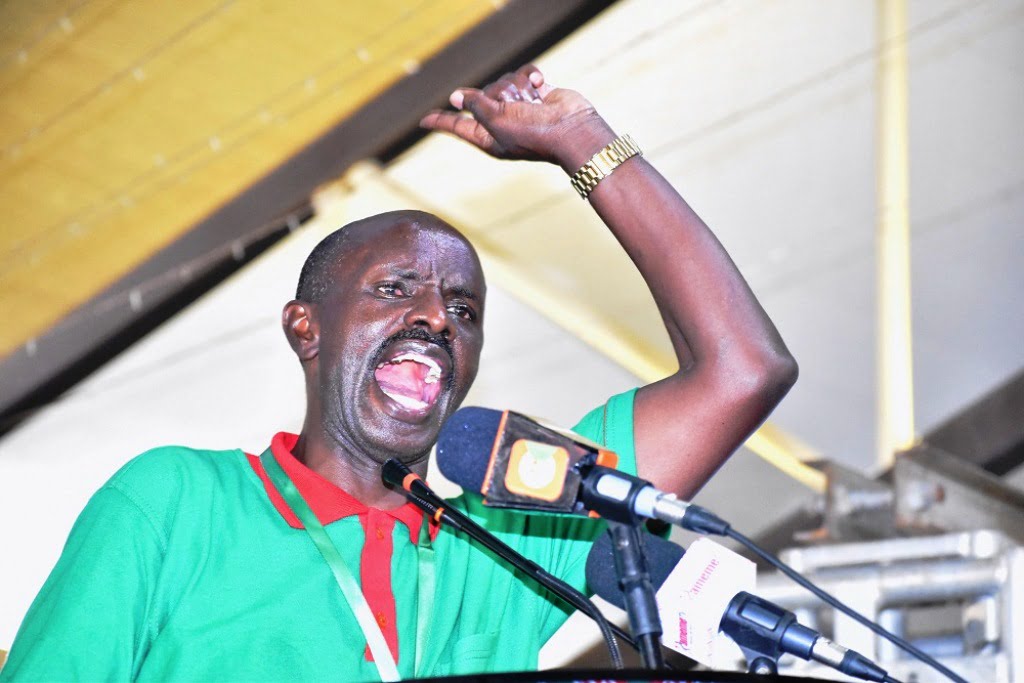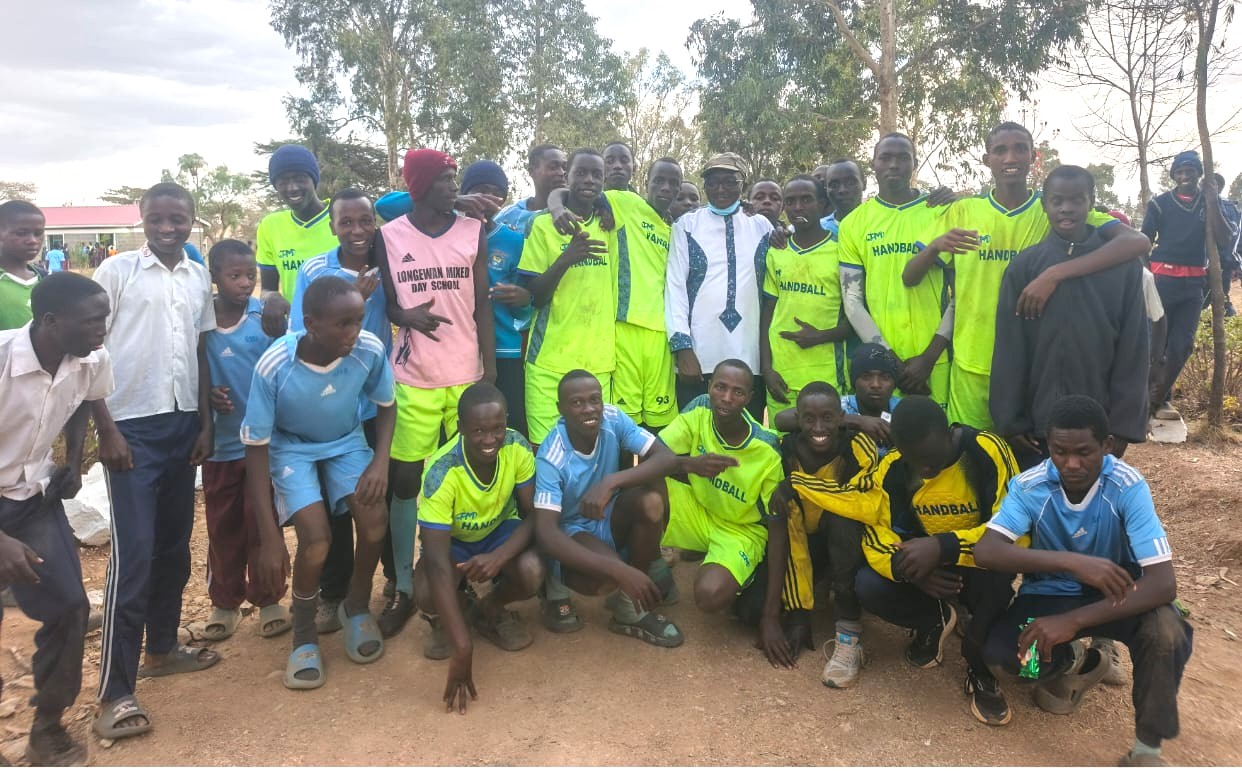The composition of secondary school Boards of Management (BOM) in Kenya is clearly outlined in the Basic Education Act of 2013. These boards are pivotal in the governance of public secondary schools and play an essential role in ensuring the effective delivery of quality education. The law provides a framework within which BOMs are established, outlining their structure, roles, responsibilities, and the importance they hold in school management.
According to the Basic Education Act, the BOM is constituted through a formal appointment by the Cabinet Secretary for Education. However, the process is participatory, involving various stakeholders who nominate representatives to the board. A standard Board of Management consists of not more than fifteen members. This includes a chairperson who is elected from among the members and approved by the Cabinet Secretary. The principal of the school serves as the secretary to the board but is not a voting member.
Membership of the BOM reflects a diverse representation of interests within the school community. It includes six persons representing parents or the local community, with at least three of them being women to ensure gender equity. One person represents the County Education Board, one represents the teachers in the school, and another represents the sponsor in cases where the school has a religious or other type of sponsor.
ALSO READ:
Promotions Uncertainty: TSC promoted teachers in due to one month retirement
In addition, one representative is drawn from special interest groups such as persons with disabilities or minority groups. One member represents the alumni association of the school, and another is a student representative in schools with learners aged eighteen years and above. This composition is designed to foster inclusivity and accommodate diverse voices and interests in the governance of the institution.
The importance of BOMs in secondary schools cannot be overstated. These boards provide strategic leadership and are responsible for ensuring that schools operate efficiently and in accordance with government policy and educational objectives. They act as a bridge between the Ministry of Education and the school, interpreting and implementing policies from the national level at the institutional level. In doing so, they ensure that schools remain aligned to national education goals, especially those related to access, equity, quality, and relevance.
One of the critical roles of the BOM is to oversee the financial management of the school. They are responsible for approving budgets, ensuring accountability in the use of resources, and providing financial oversight. The BOM plays a vital role in resource mobilization, including the initiation of income-generating projects and the establishment of partnerships that can benefit the school. With the ever-increasing needs of schools, especially in infrastructure and learning materials, BOMs are encouraged to be innovative and proactive in sourcing for support beyond the capitation provided by the government.
ALSO READ:
Kiserian Primary celebrates as they receive school bus donated by President Ruto
The board also plays a central role in the management of school personnel. While the Teachers Service Commission is responsible for the recruitment and deployment of teachers, BOMs manage support staff and play a supervisory role over all school personnel. They also recommend the appointment of the school principal and deputy principal. The board is expected to work closely with the school head to ensure effective school administration and to maintain discipline among staff and learners.
Another significant responsibility of the BOM is to support the implementation of the curriculum. They ensure that learning takes place in a conducive environment and that teachers are adequately supported in delivering the curriculum. They monitor the academic performance of the school and initiate remedial measures where necessary. Furthermore, the BOM facilitates co-curricular activities, recognizing their importance in the holistic development of learners.
In matters of discipline, the BOM has the authority to deliberate on serious cases involving learners, including suspensions and recommendations for expulsion, guided by the school’s code of conduct and national regulations. They also provide a forum for resolving disputes within the school community, ensuring that conflicts are addressed amicably and constructively.
Another role of the BOM is to oversee the development and maintenance of school infrastructure. They are responsible for ensuring that the school environment is safe, clean, and conducive for learning. This includes the construction of classrooms, laboratories, sanitation facilities, and boarding facilities where applicable. The BOM also ensures that health and safety standards are met and that schools are compliant with environmental regulations.
ALSO READ:
TSC to review hardship allowances under acting new CEO Evaleen Mitei
Additionally, BOMs are tasked with promoting community involvement in the education process. They act as a link between the school and the wider community, ensuring that the community supports and participates in school programs. They also play a key role in encouraging parental involvement in the education of their children, which is a proven factor in improving learner outcomes.
The Basic Education Act has empowered Boards of Management to become more than mere oversight bodies; they are now active agents in school improvement. However, for them to be effective, members must be adequately trained and oriented on their roles and responsibilities. The Ministry of Education and other education stakeholders have a duty to provide ongoing capacity building for BOM members to ensure that they perform their functions competently and ethically.
In conclusion, the Board of Management is the governance engine of secondary schools in Kenya. It brings together diverse stakeholders to steer the school toward academic excellence, fiscal prudence, and holistic learner development. By offering oversight, strategic direction, and support to the school administration, BOMs play a transformative role in ensuring that secondary education in Kenya remains relevant, inclusive, and of high quality. Their composition as mandated by law is a reflection of the community’s ownership of the education process, making schools not just learning institutions but community development centers.
By Kamomonti wa Kiambati
Kamomonti teaches English and Literature in Gatundu North Sub County.
You can also follow our social media pages on Twitter: Education News KE and Facebook: Education News Newspaper for timely updates.
>>> Click here to stay up-to-date with trending regional stories
>>> Click here to read more informed opinions on the country’s education landscape






